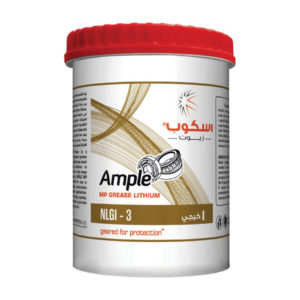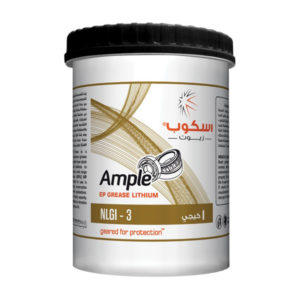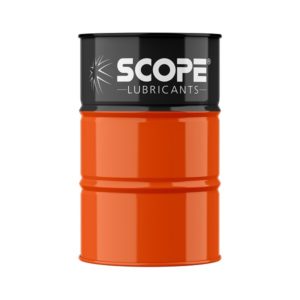Category: Greases
Grease is a thick, oily substance that is widely used to lubricate machinery and equipment. The additives employed enhance the base oil’s capacity to defend against wear and corrosion by complementing its lubricating ability. It has a high viscosity at first, but as stress or shear is applied, the thickness levels diminish and it becomes oilier, almost the same thickness as the foundation ingredient. This phenomenon is known as thixotropy, and it distinguishes this lubricant from others such as petroleum jelly.
GREASE PREVENTS WEAR AND CHANGES VISCOCITY
A thickening agent is dispersed in a liquid lubricant such as petroleum oil or a synthetic fluid in mineral or synthetic greases. Soap, an inorganic gel, or an organic material can all be used as thickening agents. Other additives help to prevent oxidation and corrosion, as well as changing viscosity. For relatively wide clearances between parts, the fluid component is the more essential lubricant, while for small clearances, the molecular soap layers provide the lubrication.
EFFICIENT SEALING PROPERTIES
A self-contained lubrication system is provided via grease lubrication. Grease produces enough lubrication in minimizing friction and preventing detrimental wear of components when used properly.
It is also resistant to leakage, has sealing characteristics, and prevents corrosion on bearing surfaces. It’s also easier to keep this lubricant contained than oil.
Oil lubrication can be costly, requiring a complicated system of circulating machinery and retention devices. Grease, on the other hand, is easily contained by simple, less expensive retention mechanisms due to its hardness.
DEVELOPED IN TEMERATURE CONTROLLED ENVIRONMENT
Scope’s lithium grease in Ghana is designed to work within a specific temperature range. The maximum temperature, also known as the high-temperature limit, is determined by the dropping point, which is the point at which the lubricant irrevocably loses its structure.
The temperature at which the lubricant allows the bearing to start up without difficulty determines the low temperature limit. Grease life is a function of temperature in the zone between these safe temperatures, with its life halving with every 15 °C temperature increase as a rule of thumb.




